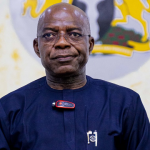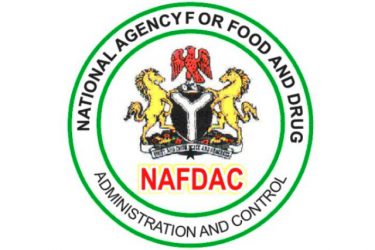The Federal Government has expressed deep concern over the high number of undiagnosed hypertension cases in Nigeria, warning that the situation is a major contributor to the country’s growing non-communicable disease burden.
Dr. Salma Anas, Special Adviser to President Bola Tinubu on Health, made this known on Monday in Abuja during the opening of the 25th Annual Scientific Conference and General Meeting of the Nigerian Hypertension Society. The event, themed “Scaling up Hypertension Control in Nigeria: Policies, Health Systems and Practice,” gathered experts to address the rising health challenge.
Represented by her Technical Adviser, Mr. Umar Tanko, Anas referenced data showing that nearly one in three Nigerian adults suffers from hypertension, yet many are unaware of their condition. She also pointed out that even among those diagnosed, only a small fraction successfully control the disease.
She cited the high cost of medication, poor access to health services, and limited financial protection as significant obstacles to effective hypertension management.
“Hypertension is not just a physical condition; it is a threat to national productivity, stability, and sustainable development,” she said.
Anas outlined several measures being implemented by the government to improve control and treatment.
“These include the integration of hypertension screening into primary healthcare, implementation of health insurance reforms, and the rollout of a national health sector strategic development plan,” she noted.
She also highlighted efforts to expand the Global Action on Non-Communicable Diseases platform, strengthen surgical and vascular care, promote the local production of drugs, and ensure the availability of quality medications.
In his remarks, Prof. Simon Isezuo, President of the Nigerian Hypertension Society, described hypertension as a silent killer and a critical public health issue. He warned that many individuals remain undiagnosed, and among those receiving treatment, fewer than 10 percent maintain proper blood pressure control.
“This is why stroke, kidney disease, heart failure, and sudden death continue to rise. In many of these cases, uncontrolled hypertension is the underlying cause,” he said.
Isezuo urged a nationwide push for increased public awareness, better diagnosis rates, and reduced salt consumption, which he identified as a major risk factor. He also encouraged Nigerians to adopt regular physical activity such as walking, jogging, or other moderate exercise as a preventive measure.
Also speaking at the conference, Prof. Batsen Onwubere addressed the financial burden associated with managing hypertension, emphasizing its chronic nature and Nigeria’s reliance on imported medications. He stated that while the government is promoting local drug production to reduce costs, fluctuating exchange rates still pose challenges to affordability.
Onwubere acknowledged improvements brought by the National Health Insurance Agency but noted that coverage remains insufficient.
“The society continues to engage government, philanthropists, and the general public to address the burden of hypertension in Nigeria,” he said.










